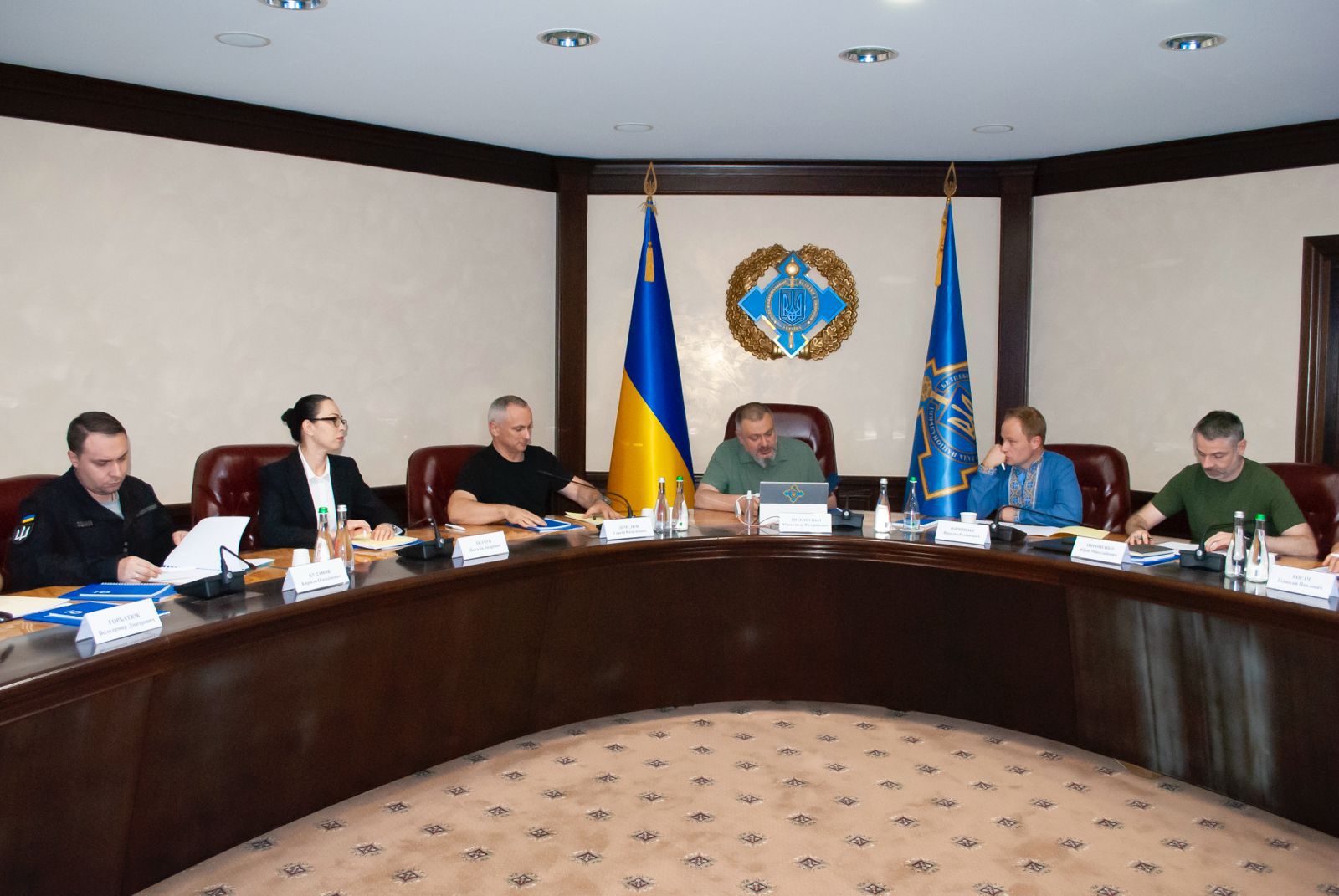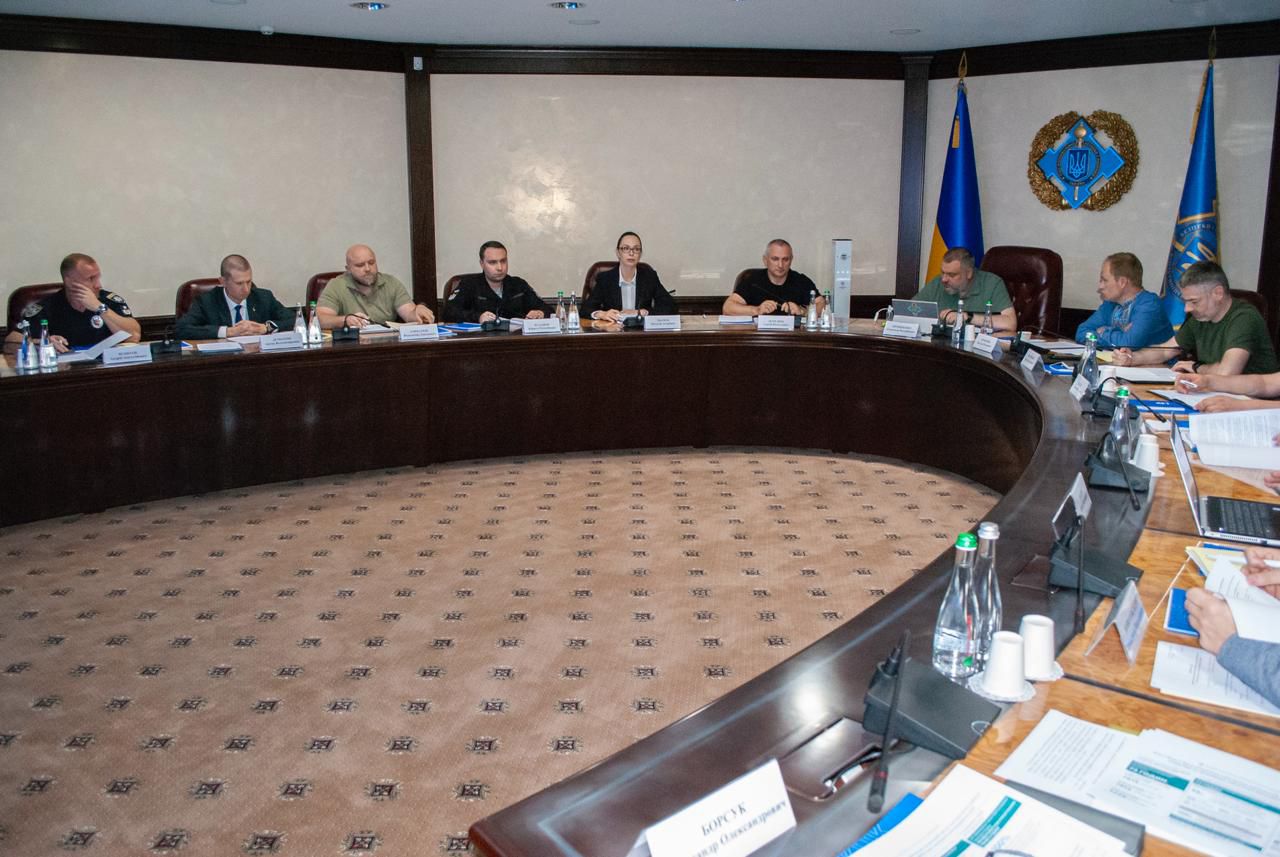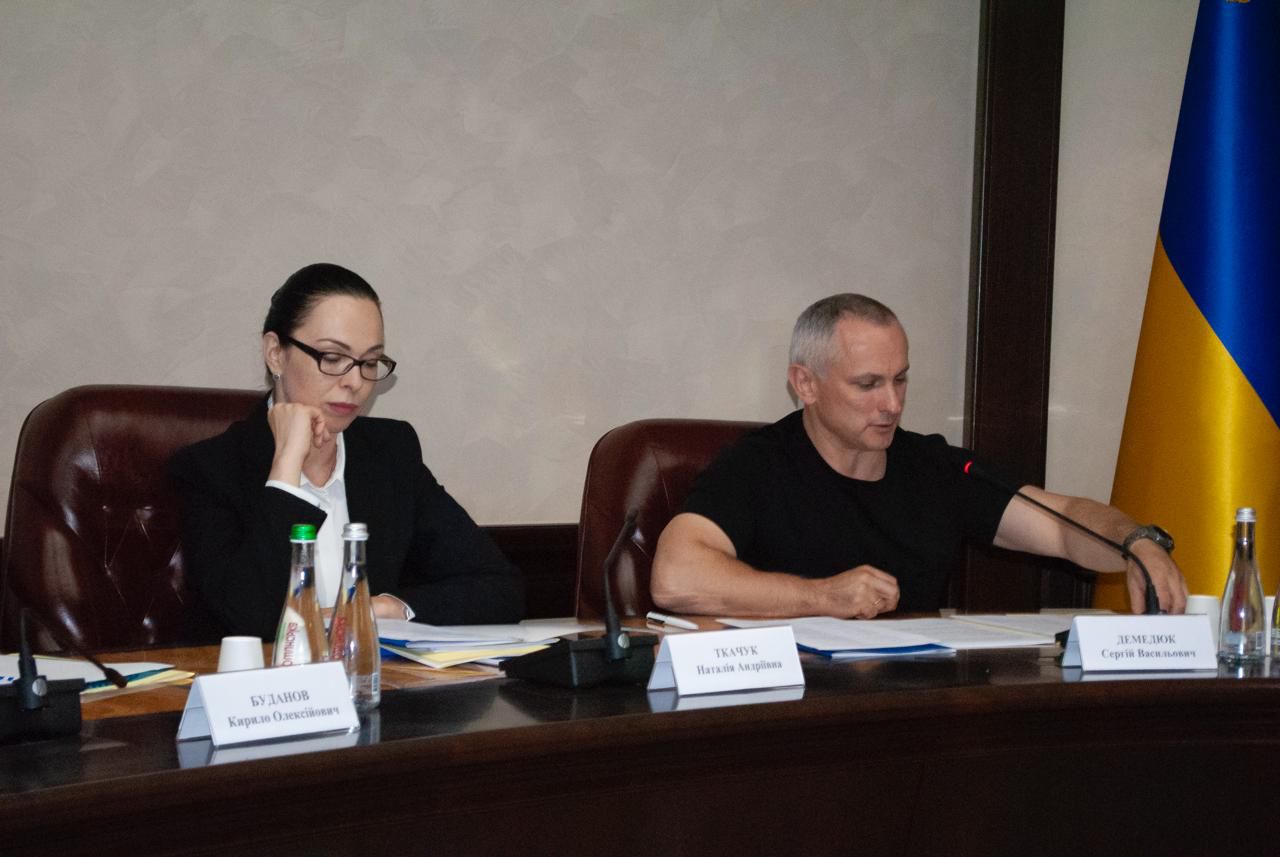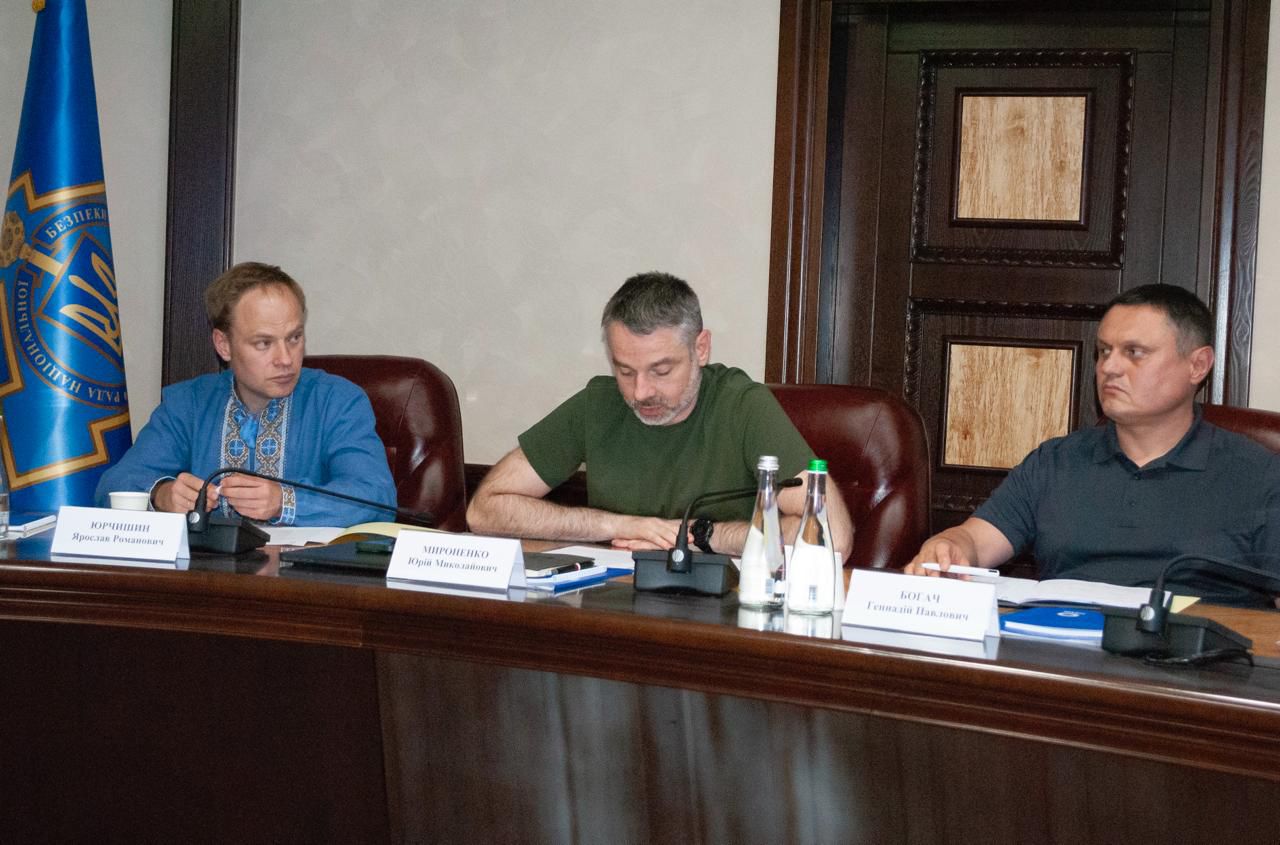The NCCC has decided to restrict the use of Telegram in government agencies, military formations, and critical infrastructure facilities
 On 19 September, the National Coordination Centre for Cybersecurity (NCCC), a key body for coordination and control in the field of cybersecurity, held a meeting.
On 19 September, the National Coordination Centre for Cybersecurity (NCCC), a key body for coordination and control in the field of cybersecurity, held a meeting.
The meeting was attended by representatives of the leadership of the State Service for Special Communications and Information Protection of Ukraine, the National Police of Ukraine, the General Staff of the Armed Forces of Ukraine, the Security Service of Ukraine, the Ministry of Defence of Ukraine, the National Bank of Ukraine, the Ministry of Digital Transformation of Ukraine, the Ministry of Foreign Affairs of Ukraine, intelligence agencies, the leadership of regulatory bodies in the field of electronic communications, and MPs of Ukraine.
 Opening the meeting, Secretary of the National Security and Defence Council of Ukraine Oleksandr Lytvynenko stressed the importance of joining forces to strengthen national security and effectively counter threats in cyberspace.
Opening the meeting, Secretary of the National Security and Defence Council of Ukraine Oleksandr Lytvynenko stressed the importance of joining forces to strengthen national security and effectively counter threats in cyberspace.
The key topic of the meeting was the discussion of threats to national security posed by the use of the Telegram messenger, especially during a full-scale war between russia and Ukraine.
The Chief of the Defence Intelligence of Ukraine Kyrylo Budanov provided substantiated evidence that russian special services have access to personal correspondence of Telegram users, even deleted messages, as well as their personal data.
‘I have always stood for freedom of speech, but the issue of Telegram is not a matter of freedom of speech, it is a matter of national security,’ he stressed.
Representatives of the Security Service of Ukraine and the General Staff of the Armed Forces of Ukraine noted that Telegram is actively used by the enemy for cyberattacks, spreading phishing and malware, establishing the geolocation of users, adjusting missile strikes, etc.
 In order to minimise these threats, it was decided to ban the installation and use of Telegram on the official devices of government officials, military personnel, employees of the security and defence sector, as well as enterprises operating critical infrastructure. The only exceptions will be those for whom the use of this messenger is part of their official duties.
In order to minimise these threats, it was decided to ban the installation and use of Telegram on the official devices of government officials, military personnel, employees of the security and defence sector, as well as enterprises operating critical infrastructure. The only exceptions will be those for whom the use of this messenger is part of their official duties.
The participants of the meeting paid considerable attention to ensuring the stable operation of mobile communications and the Internet under martial law. Telecommunications companies are constantly subject to cyber attacks by russian hackers. In order to improve cooperation in responding to such threats, the participants supported the initiative to create a centre for the exchange and analysis of information on cyber threats in the industry using the best European practices, in particular, the ISAC model. In addition, the issues of ensuring the continuous operation of electronic communication networks during power outages were considered and decisions were made.
 A number of decisions were made to develop the cybersecurity sector in the country. These include the launch of a national initiative to promote the role of women in cybersecurity and gender equality, as well as the introduction of an automated platform for monitoring the implementation of the Cybersecurity Strategy of Ukraine (CyberTracker), which will improve strategic planning in this area. Some issues aimed at strengthening national cyber resilience were also discussed in a closed session.
A number of decisions were made to develop the cybersecurity sector in the country. These include the launch of a national initiative to promote the role of women in cybersecurity and gender equality, as well as the introduction of an automated platform for monitoring the implementation of the Cybersecurity Strategy of Ukraine (CyberTracker), which will improve strategic planning in this area. Some issues aimed at strengthening national cyber resilience were also discussed in a closed session.